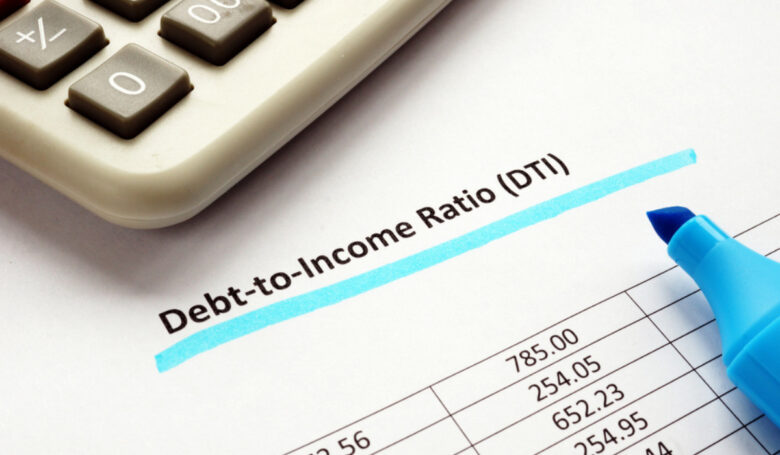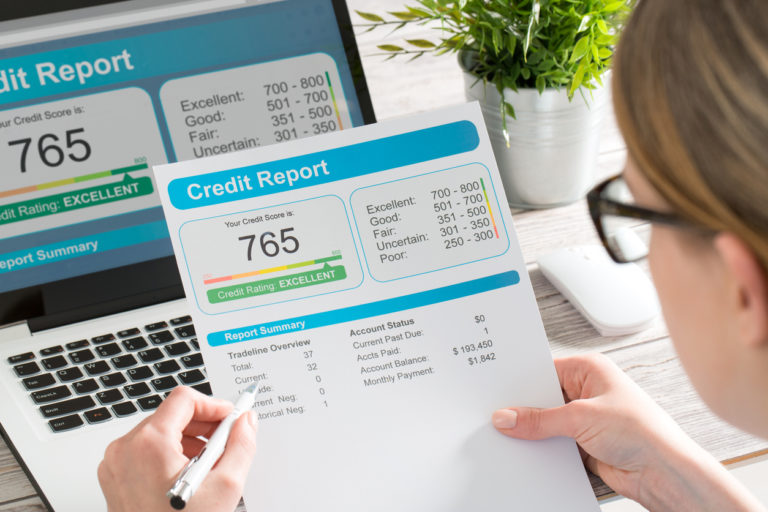The first and most important step in fixing bad credit is to pay your bills on time. Bring any delinquent accounts current or put them on autopay. Debt consolidation is another way to improve bad credit. Balance transfer cards are available with 0% APR and can be used to consolidate debt while saving money. But, be sure to use them only to pay off your debt.
Contents
Paying bills on time

Source: thebalance.com
If you are having trouble paying bills on time, you can automate this process. Setting up automatic payments through your bank can help you avoid the stress of forgetting to make a payment. You can also arrange to have the bill amount deducted automatically from your account. This streamlines the process and ensures that you pay your bills on time.
Payment history makes up 35% of your credit score, so making payments on time is a great way to raise your score. Setting up automatic payments and electronic reminders is a great way to stay on top of your monthly payments. You can also set up a bill tracker to keep track of all your monthly bills. Try paying at least the minimum payment each month to avoid late fees and higher interest fees. In time, your payment history will improve and you’ll be able to build a better credit score.
When you have the budget, try to pay your bills on time every month. However, sometimes you’ll find yourself in a tight spot and have to make some tough financial decisions. In such cases, it’s important to prioritize which bills you can afford and which you can postpone. In some instances, it even makes sense to get e-transfer payday loans, rather than bouncing a bill payment.
Avoiding high debt-to-income ratio

Source: wallstreetmojo.com
One way to avoid a high debt-to-income ratio is to focus on paying down your existing debts instead of accruing new ones. This will free up your cash flow and improve your debt-to-income ratio. To do this, you may want to try the debt avalanche method, in which you pay down the highest-interest debt first and then work your way down to the lowest-balance debt. This method helps you stay motivated and on track as you pay off each debt.
Another way to avoid a high debt-to-income ratio is to increase your income. If you’re currently making a low income, you may want to consider asking for a raise or taking on a side job to increase your earnings. If you’re feeling especially desperate, you might even look into changing careers or a new company to increase your income.
To calculate your debt-to-income ratio, you need to add up all your monthly debts and divide them by your monthly income. For example, if you owe $2,500 per month, you’d have a debt-to-income ratio of 36 percent. The same calculation applies to the front-end ratio (also called the housing ratio), which takes into account your monthly mortgage payment, property taxes, homeowners insurance, and homeowner’s association dues. Your debt-to-income ratio is a great indicator of your financial health and should be a key factor in determining whether you qualify for any type of loan.
A high debt-to-income ratio puts you in an unenviable situation. It can be difficult to make repayments, and it can cause late fees and further damage to your credit. You might even find yourself declaring bankruptcy, but you should avoid this if you can’t pay your bills.
Checking your credit report regularly

Source: iStock.com
If you are worried about the negative marks on your credit report, there are several steps you can take to resolve the situation. One of the most important steps is checking your report regularly. You should be looking for any new or unknown creditors on it. You should also check for any derogatory entries that are older than seven years. If you discover an entry that you did not make, you can dispute it with the bureau. Remember, however, that you must dispute each item with each bureau separately.
The credit reporting bureaus are responsible for putting information on your credit reports. Each of them maintains its own records, so you might not see the same errors on all of them. However, the bureaus must have accurate information. By checking your reports regularly, you can ensure that your personal and financial information is correct and that no fraudulent accounts have been opened in your name.
If you have late payments on your credit report, it is important to make those payments as soon as possible. These are not easily removed from your credit history. Therefore, it is important to make future payments on time and avoid opening too many credit cards.
Your credit report contains all of your financial information, including your employment history, current debts, and whether or not you have declared bankruptcy. This information will help future lenders determine whether you are a safe bet and whether you can afford to repay the loan. It also helps insurers and rental property owners determine the interest rates they will charge you.
You can contact the credit reporting agency to dispute inaccurate information on your report. Some companies will promise to correct your credit after you pay a fee. If the reporting company is unwilling to correct the information, you can file a complaint with the Consumer Financial Protection Bureau.
Disputing inaccurate information on your credit report

Source: gdslink.com
If you notice inaccurate information on your credit report, you must dispute it. The best way to do so is to contact the original source of the claim. Typically, this is the debt collection agency or lender that made the claim. You can also file a complaint with the Federal Trade Commission or the Consumer Financial Protection Bureau. The bureau will forward your complaint to the appropriate credit reporting agency.
In order to dispute inaccurate information on your credit report, you must provide the credit bureaus with documentation that proves the error. The credit bureaus must investigate the dispute within thirty days of receipt of the documentation. Once your dispute is approved, the credit bureaus will update the information on your report.
After disputing inaccurate information, you must keep track of your credit report to ensure that it is accurate. You can also sign up for a credit monitoring service such as Credit Karma to keep a close eye on your credit. This way, you’ll know if any new inaccurate information shows up.
The dispute process is not complicated. The process may take some time but it is worth it in the long run. Successfully disputing inaccurate information on your credit report can help you gain access to new products and services. So don’t put off disputing inaccurate information.
It is imperative to review your credit report regularly and dispute incorrect information as soon as you notice it. Even seemingly small errors can add up.
Consolidating debts under a lower-interest loan

Source: corporatefinanceinstitute.com
Whether you’re trying to get out of debt or just need more money, one of the first steps to solve bad credit is to consolidate your debts under a lower-interest loan. This will allow you to make one low payment per month instead of multiple smaller ones. This will also allow you to pay off your debt faster and save money on interest.
Regardless of your reason for needing to consolidate debts, you should consider all your options. Debt consolidation is best suited for large amounts of debt; if you only have a small amount, it’s probably not worth your time and money. Moreover, it may not be the best solution for people with poor financial habits. Make sure to carefully evaluate your spending habits before choosing the right option.
If you have poor credit, consider looking for a credit union that works with bad credit. These financial institutions are typically member-owned and may be more lenient. Although some of these institutions have strict membership requirements, many do extend membership to people with bad credit.
Another alternative is to consolidate your debts under a home equity loan. These loans are generally easier to secure because they are backed by the value of your home. However, they have a risky nature – if you default on your payments, your home may go into foreclosure.
A debt consolidation loan is an excellent way to pay off multiple debts at a lower interest rate. It helps you pay off debt faster, reduces your monthly payment and saves you money in the long run. Despite its benefits, it can be difficult to qualify for a loan when you have bad credit, so you should consider all the factors that affect the cost of borrowing.
